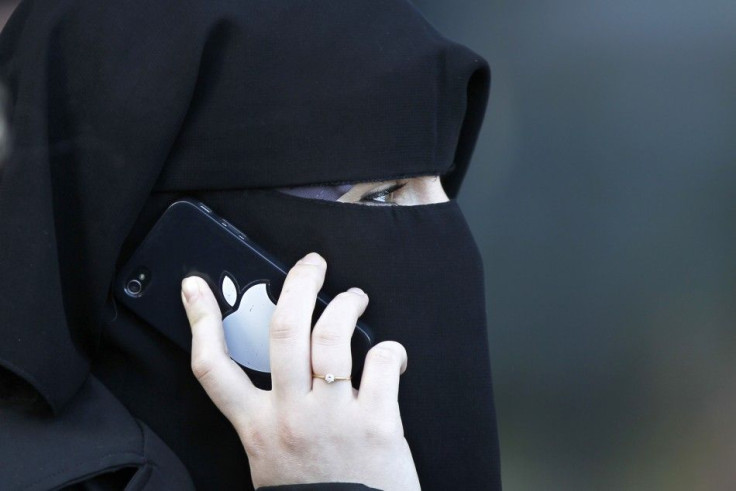Discrimination, Pandering By Politicians Hurting Muslims In Europe, Amnesty International Says

Muslims living in Europe face discrimination in employment, education and daily life in general, according to a new report released by Amnesty International.
Muslim women are being denied jobs and girls prevented from attending regular classes just because they wear traditional forms of dress, such as the headscarf. Men can be dismissed for wearing beards associated with Islam, said Marco Perolini, Amnesty International's expert on discrimination.
Rather than countering these prejudices, political parties and public officials are all too often pandering to them in their quest for votes.
The report, Choice and Prejudice: Discrimination Against Muslims in Europe, released Monday, details the societal and personal impact of discrimination against Muslims in European countries and focuses chiefly on Belgium, France, the Netherlands, Spain and Switzerland.
Amnesty has already questioned discriminatory policies such as the banning of full-face veils and restrictions on where places of worship can be established.
Wearing religious and cultural symbols and dress is part of the right of freedom of expression, Perolini said. It is part of the right to freedom of religion or belief -- and these rights must be enjoyed by all faiths equally.
In Belgium, France and the Netherlands, employers are allowed to discriminate against the display of cultural or religious symbols that conflict with a given company's corporate image, the Amnesty report said.
Amnesty said this practice is in direct violation of European Union anti-discrimination legislation.
EU legislation prohibiting discrimination on the ground of religion or belief in the area of employment seems to be toothless across Europe, as we observe a higher rate of unemployment among Muslims, and especially Muslim women of foreign origin, Perolini said.
Similarly, the report said students are prohibited from wearing traditional dress and cultural and religious symbols in many European countries, including all the five specifically mentioned.
While Amnesty declared that wearing traditional dress and related symbols are part of freedom of expression, it also reiterated its position that no one should be forced to do so either. Many European governments have cited discrimination against Muslim women by fellow Muslims as a reason to ban certain types of Islamic dress, an approach Amnesty disputes.
While everyone has the right to express their cultural, traditional or religious background by wearing a specific form of dress, no one should be pressured or coerced to do so, Perolini said. General bans on particular forms of dress that violate the rights of those freely choosing to dress in a particular way are not the way to do this.
© Copyright IBTimes 2025. All rights reserved.





















